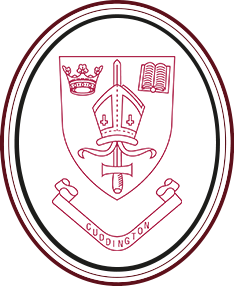Spelling
No Nonsense Spelling: Enhancing Spelling Skills
At Cuddington, the No Nonsense Spelling programme is used to explicitly teach the spelling requirements outlined in the National Curriculum. Children learn essential strategies for spelling during the writing process, learn effective methods for mastering new spellings, and develop techniques for editing and proofreading their written work. Within English units, students directly apply the spelling rules and strategies they’ve learned, ensuring a seamless connection between curriculum words and their own writing.
The program is organised into half-termly plans. These plans consist of six spelling sessions spread across two weeks, except for Year 2, where daily sessions are conducted. Each lesson typically lasts approximately 10 to 15 minutes, but the flexibility of lesson plans allows for adjustments based on specific teaching needs.
Tips for Learning Spellings at home
While there is limited evidence supporting the traditional method of memorising spelling lists at home and being tested on them, the National Curriculum 2014 places a high expectation on pupils to learn increasingly complex words.
During our sessions, we introduce and practice a variety of spelling strategies. This empowers pupils to choose the most effective strategies for learning different words.
Each week, children in Years 2 to 6 bring home a list of spellings they’ve been learning in school. We encourage them to use the strategies outlined below to practice these spellings. This approach helps reinforce spelling rules, deepen word meanings, and apply them confidently in writing.
During the week, children will practice these words to facilitate their transition from short-term memory to long-term memory. This process enhances spelling fluency and accuracy in their writing. While there won’t be formal weekly spelling tests, we’ll conduct an assessment at the end of each unit to identify any learning gaps, which will inform our teaching approach for the next unit.

